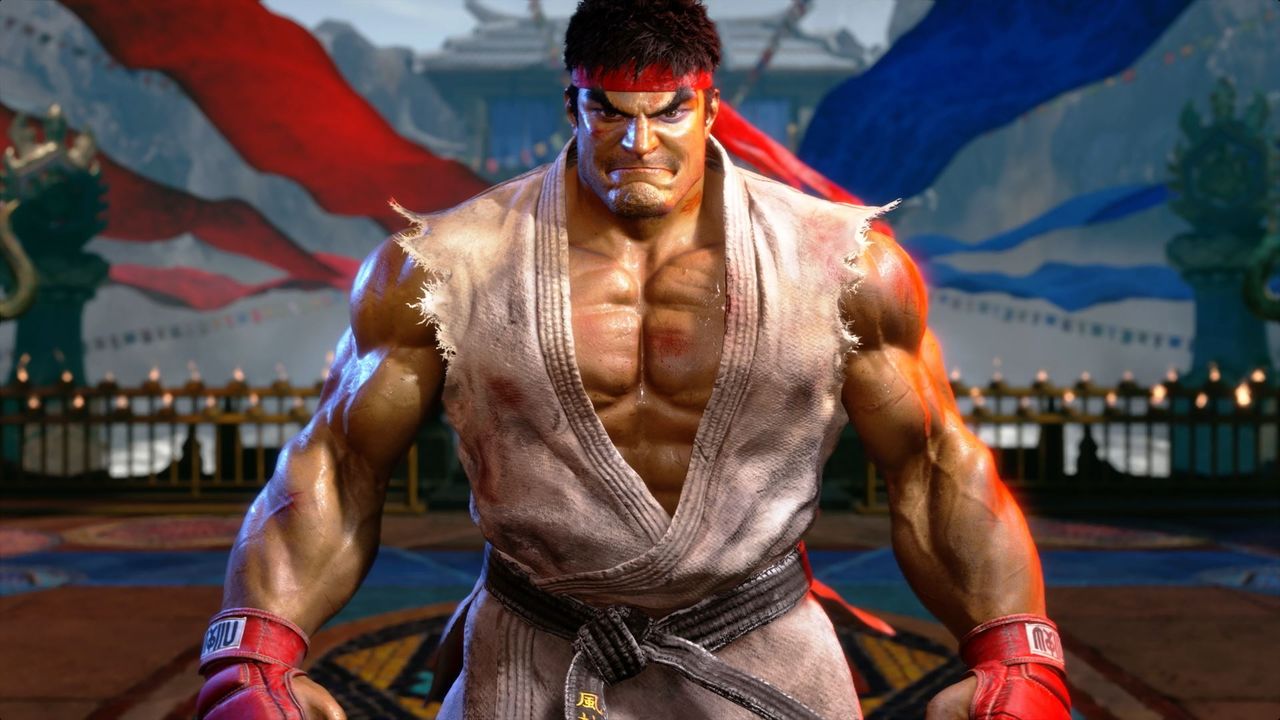
Street Fighter and Mega Man producer Yoshiki Okamoto has said that – outside of Nintendo itself – hardly anyone was really turning a massive profit with NES games.
Capcom almost immediately established itself as arguably the best third party publisher right away in the early years of console. Outside of Nintendo itself, there's no publisher that defined the NES quite as much as Capcom did with games like DuckTales, Ghosts 'n Goblins, and the six Mega Man games released for it. But according to the prolific former Capcom producer, the company never actually turned a profit until the advent of the CD era.
In a video for his YouTube channel (translated by Automaton) Okamoto – who had a hand in countless classic Capcom titles like Street Fighter 2, Marvel Vs Capcom, and Resident Evil 2 – explains that if a Famicom (NES's name in Japan) game sold for 10,000 yen, "out of that, 3,000 yen went to the retailer. 4,000 yen went to the software developer, like Capcom, and 3,000 yen went to Nintendo. Out of Nintendo's 3,000 yen share, about 1,500 went to manufacturing contractors."
Okamoto adds, "since Nintendo got paid upfront for the exact number of copies, manufactured the cartridges, and delivered them, what happened after that didn't matter to them. In other words, only Nintendo had a guaranteed profit."
During the PS1 era, you saw a lot of prominent developers like Square Enix, Konami, and Capcom make the move to Sony, leaving the N64 with a weak third-party lineup. To put it in perspective, Capcom released three games in total for the N64. Okamoto explains that "Capcom's profits skyrocketed with the switch from cartridges to discs."
He adds: "Let's say Capcom paid Sony 1,800 yen per disc. The manufacturing cost of the CD was 200 yen, and the remaining 1,600 yen was Sony's share." If games remained unsold, they could be sent back to Sony for a refund of that 1,600 yen, something Nintendo didn't offer with its proprietary cartridges.
While Okamoto admitted that the NES and SNES did wonders for Capcom in getting into the hearts and minds of players, the cartridge system "really only benefited Nintendo."
Despite the 8-year hiatus, Capcom has called Mega Man "one of our most important IPs."







